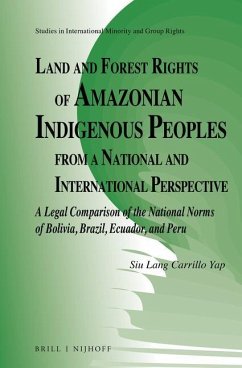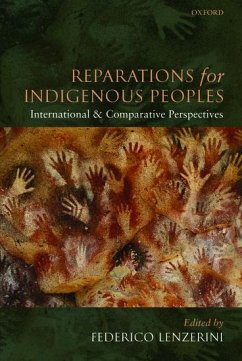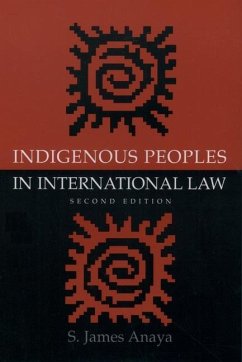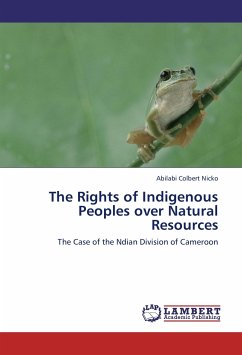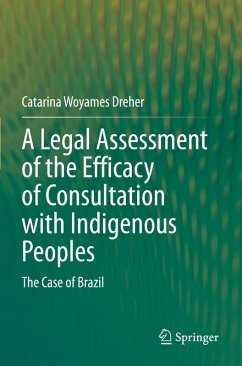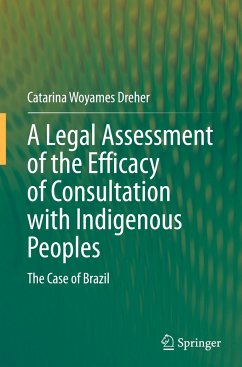
The Un Declaration on the Rights of Indigenous Peoples
A New Interpretative Approach
Versandkostenfrei!
Versandfertig in über 4 Wochen
122,99 €
inkl. MwSt.
Weitere Ausgaben:

PAYBACK Punkte
61 °P sammeln!
The book provides a comprehensive, definitive account of the history of the international indigenous rights movement, culminating in the UN's adoption of a Declaration on the Rights of indigenous peoples. This account reveals for the first time the diversity of agendas and argument advanced by advocates split broadly between northern and southern movements. Based on this political history, the book presents a new way of interpreting and implementing the Declaration - a method that is true to the aspirations of the movements in the Declaration negotiations and coherent and compelling in the con...
The book provides a comprehensive, definitive account of the history of the international indigenous rights movement, culminating in the UN's adoption of a Declaration on the Rights of indigenous peoples. This account reveals for the first time the diversity of agendas and argument advanced by advocates split broadly between northern and southern movements. Based on this political history, the book presents a new way of interpreting and implementing the Declaration - a method that is true to the aspirations of the movements in the Declaration negotiations and coherent and compelling in the context of implementation. This method also assists in clarifying, with more certainty than other methods, the meaning of indigenous peoples for the purposes of international law.






